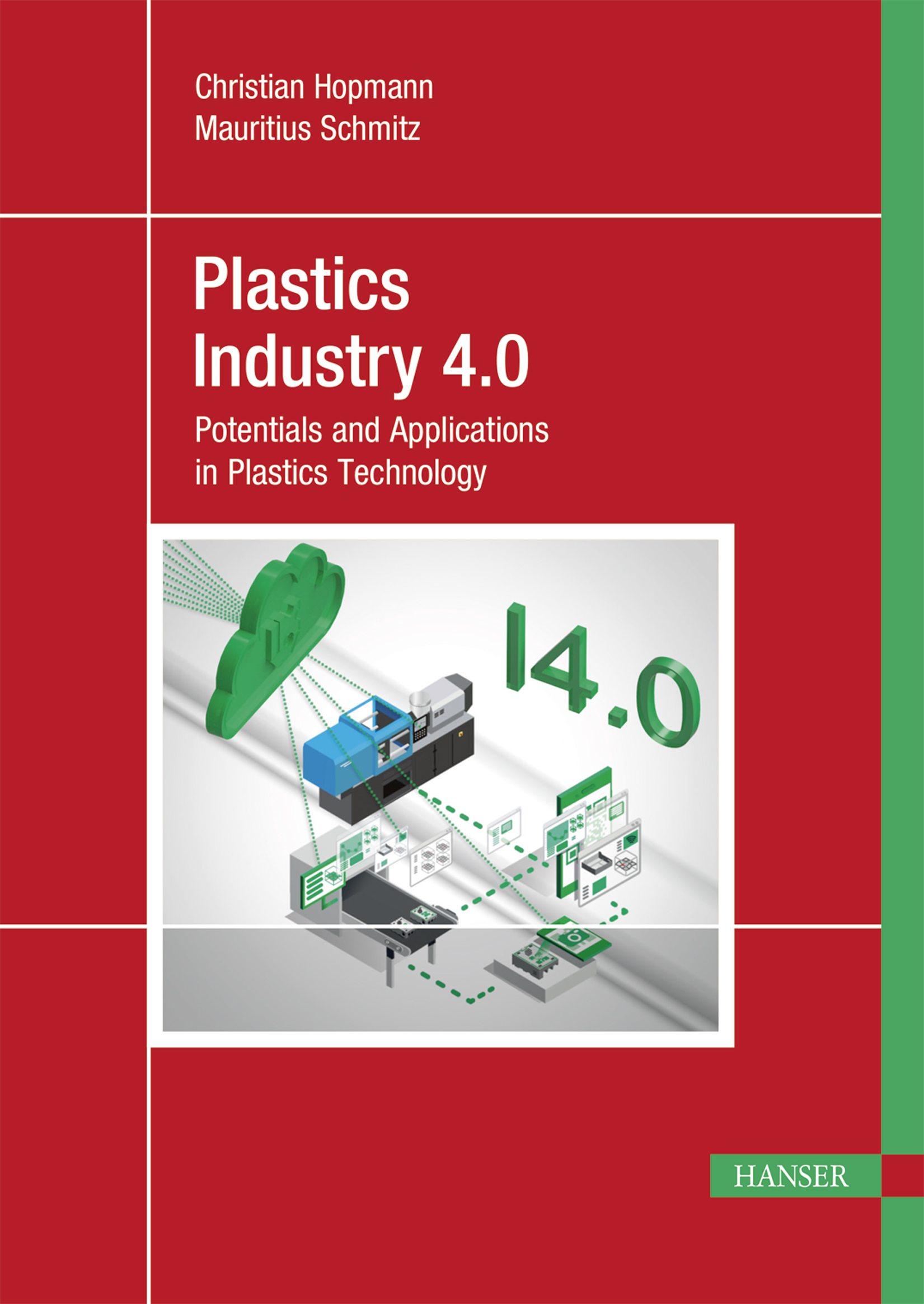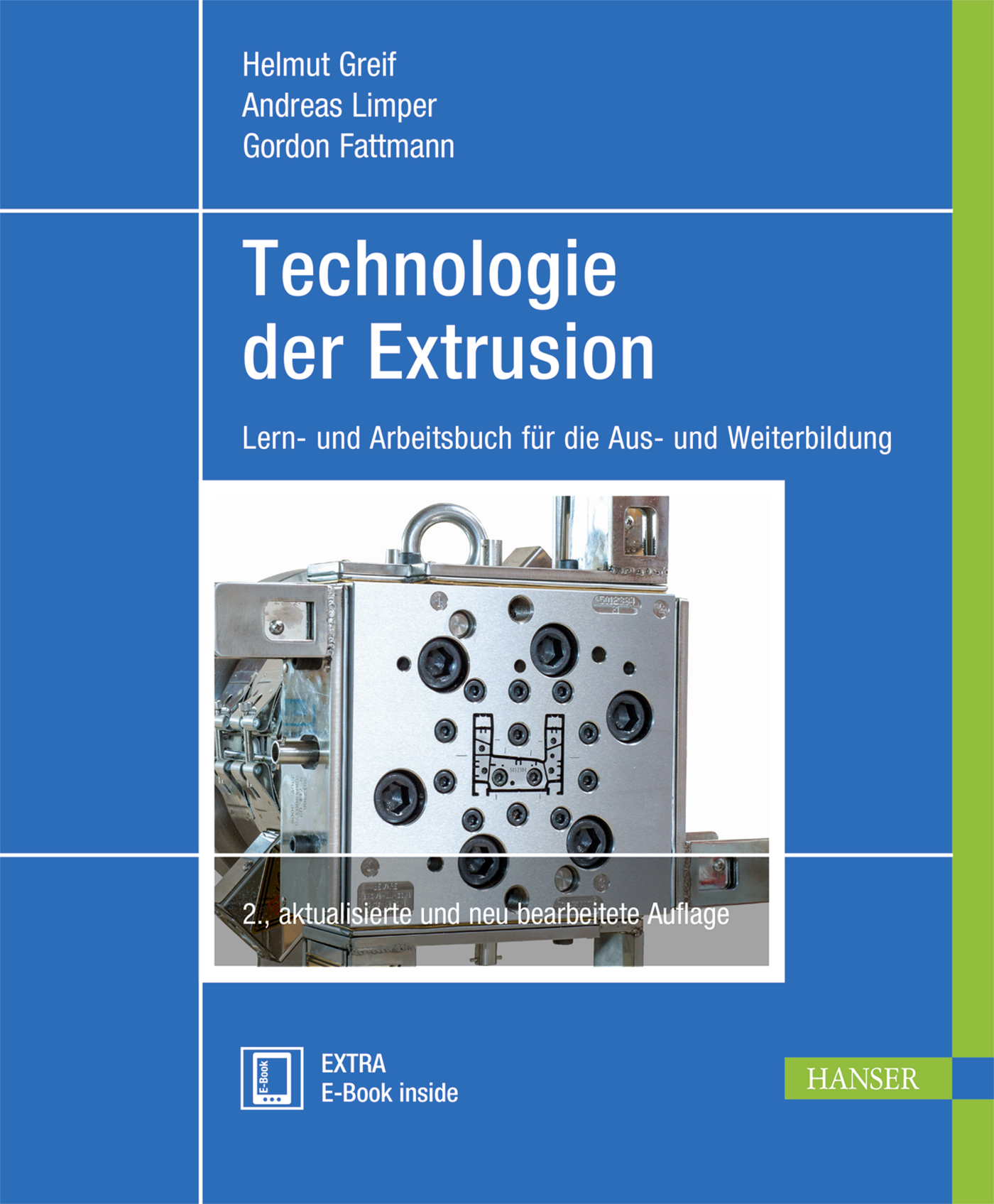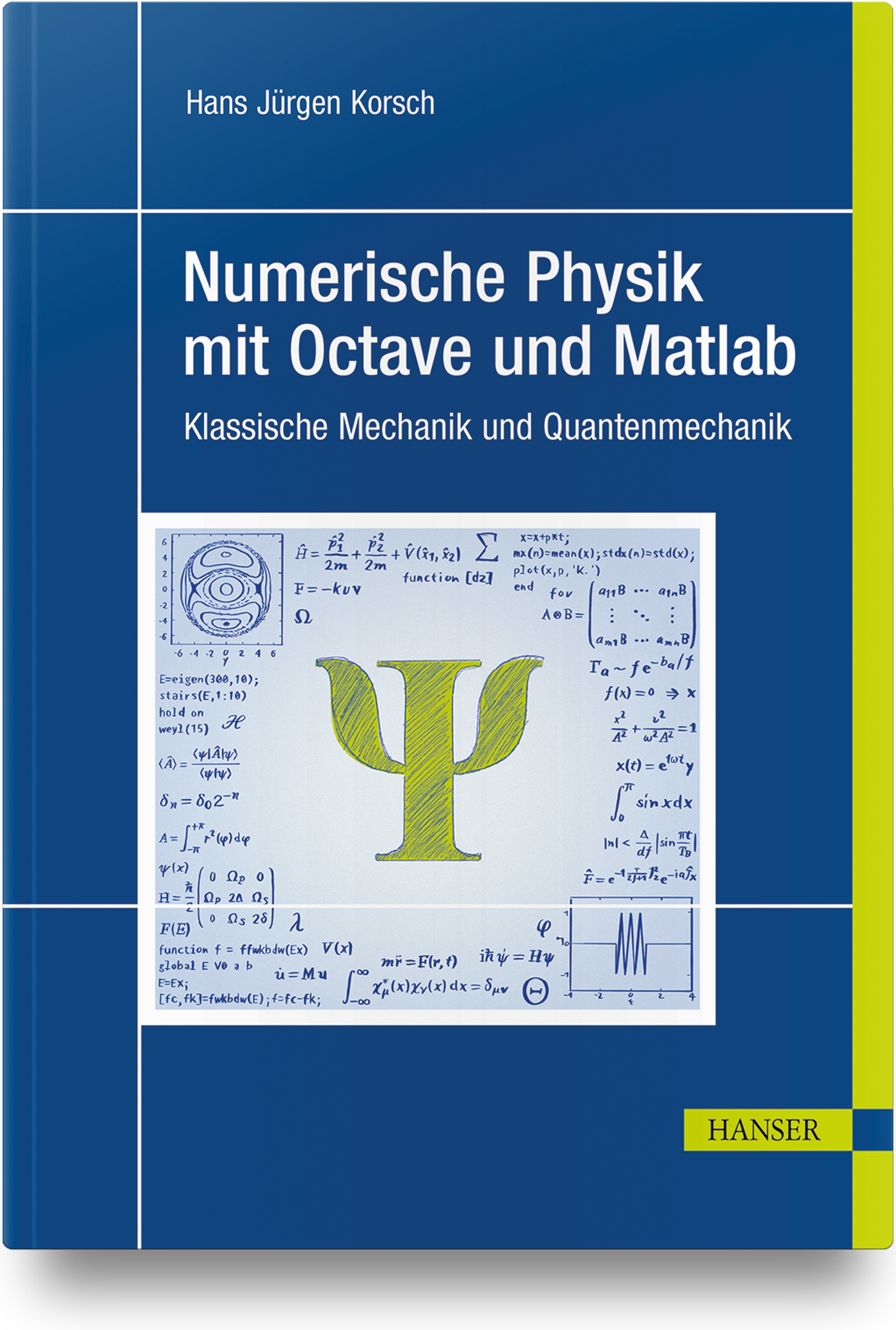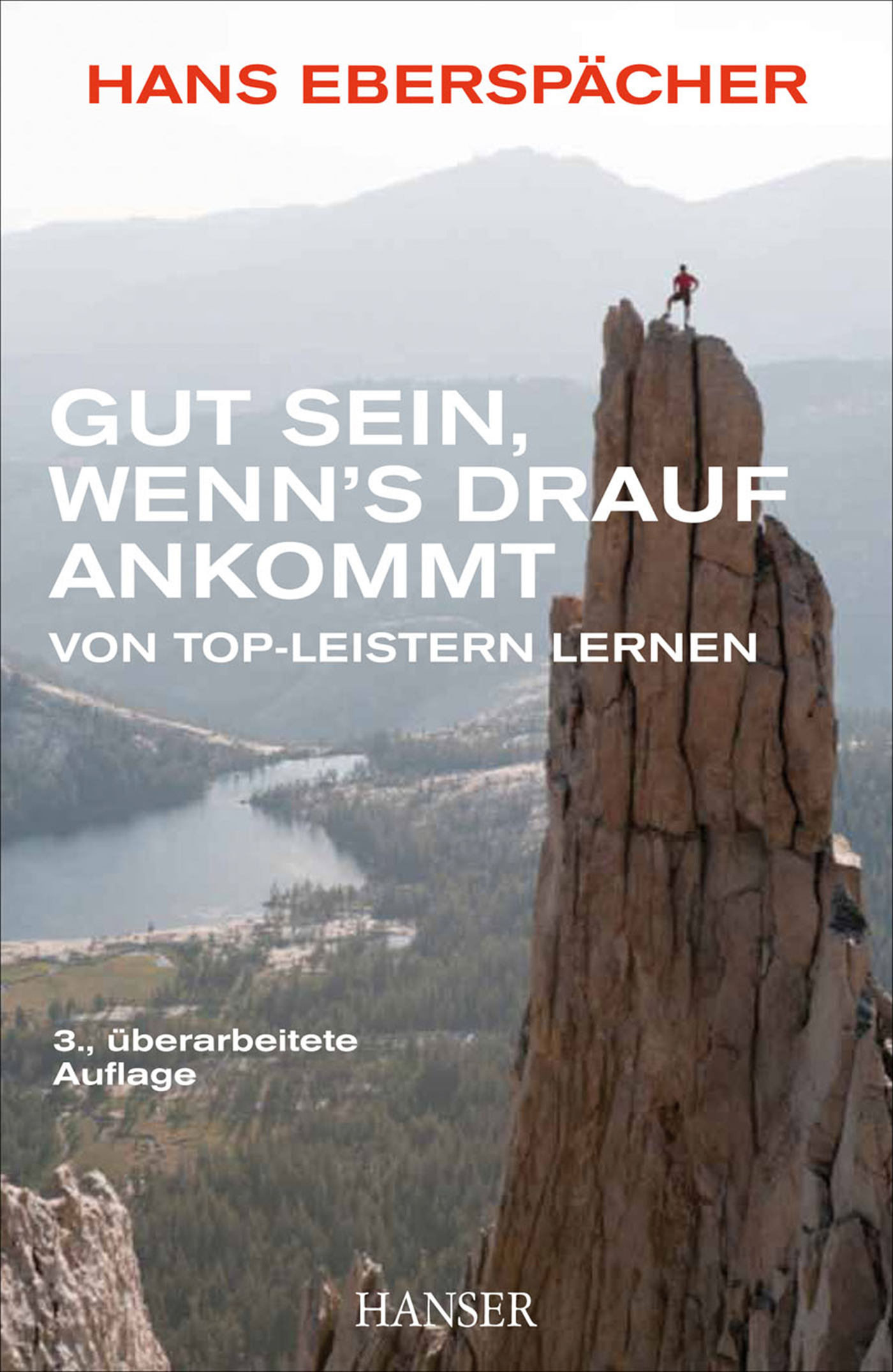- Sie sind hier:
- Fachbuch
- Kunststofftechnik
- Werkstoffe und Anwendungen
- Kunststoffe allgemein
- ISBN: 978-1-56990-935-5
- Buchangaben: 3. Edition, 12/2023
288 Pages, PDF
Guiding questions at the beginning of each lesson help the reader to work through the material in a targeted manner; success checks at the end of each lesson enable the reader to review what he/she has learned. It thus facilitates independent, self-paced learning, meeting the requirements of modern vocational training.
Guiding questions at the beginning of each lesson help the reader to work through the material in a targeted manner; success checks at the end of each lesson enable the reader to review what he/she has learned. It thus facilitates independent, self-paced learning, meeting the requirements of modern vocational training.
Prof. Christian Hopmann is, since 2011, Director of the Institute of Plastics Processing (IKV) in Industry and Craft at RWTH Aachen University, Germany. He studied Mechanical Engineering with a particular focus on Plastics Processing at RWTH Aachen and received his doctoral degree, supervised by Prof. Walter Michaeli, in 2000. In 2005, he started his industrial career at RKW AG Rheinische Kunststoffwerke (today: RKW SE). From January 2010 until April 2011 he was Managing Director of RKW Sweden AB in Helsingborg, Sweden.
Dr. Helmut Greif is former Managing Director of AGIT mbH (Aachener Gesellschaft für Innovation und Technologietransfer; Aachen Association for Innovation and Technology Transfer).
Leo Wolters is the former head of the training and further education department of the Institute for Plastics Processing (IKV) in Aachen, which has been the leading center for plastics processing in Germany for more than 60 years.
Prof. Christian Hopmann is, since 2011, Director of the Institute of Plastics Processing (IKV) in Industry and Craft at RWTH Aachen University, Germany. He studied Mechanical Engineering with a particular focus on Plastics Processing at RWTH Aachen and received his doctoral degree, supervised by Prof. Walter Michaeli, in 2000. In 2005, he started his industrial career at RKW AG Rheinische Kunststoffwerke (today: RKW SE). From January 2010 until April 2011 he was Managing Director of RKW Sweden AB in Helsingborg, Sweden.
Dr. Helmut Greif is former Managing Director of AGIT mbH (Aachener Gesellschaft für Innovation und Technologietransfer; Aachen Association for Innovation and Technology Transfer).
Leo Wolters is the former head of the training and further education department of the Institute for Plastics Processing (IKV) in Aachen, which has been the leading center for plastics processing in Germany for more than 60 years.
"This text- and workbook introduces the world of plastics technology. The key topics, from basic chemistry and processing methods to the problem of waste and the issue of recycling plastics, are explained in an easy-to-understand manner. The book is divided into educational units (lessons), with each covering a distinct subject area. Students can arrange these units flexibly to fit their individual educational objectives. [...] The book has been comprehensively revised in the present 3rd edition in terms of technical and didactic aspects and has been supplemented by additional chapters." Technical Gazette, 31, 6(2024)
"This text- and workbook introduces the world of plastics technology. The key topics, from basic chemistry and processing methods to the problem of waste and the issue of recycling plastics, are explained in an easy-to-understand manner. The book is divided into educational units (lessons), with each covering a distinct subject area. Students can arrange these units flexibly to fit their individual educational objectives. [...] The book has been comprehensively revised in the present 3rd edition in terms of technical and didactic aspects and has been supplemented by additional chapters." Technical Gazette, 31, 6(2024)
Carl Hanser Verlag GmbH & Co KG
Kolbergerstr. 22
81679 München
E-Mail: info@hanser.de
Sicherheitshinweis entsprechend Art.9 Abs. 7 Satz 2 GPSR entbehrlich
Carl Hanser Verlag GmbH & Co KG
Kolbergerstr. 22
81679 München
E-Mail: info@hanser.de
Sicherheitshinweis entsprechend Art.9 Abs. 7 Satz 2 GPSR entbehrlich

























